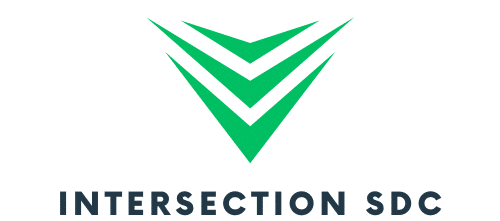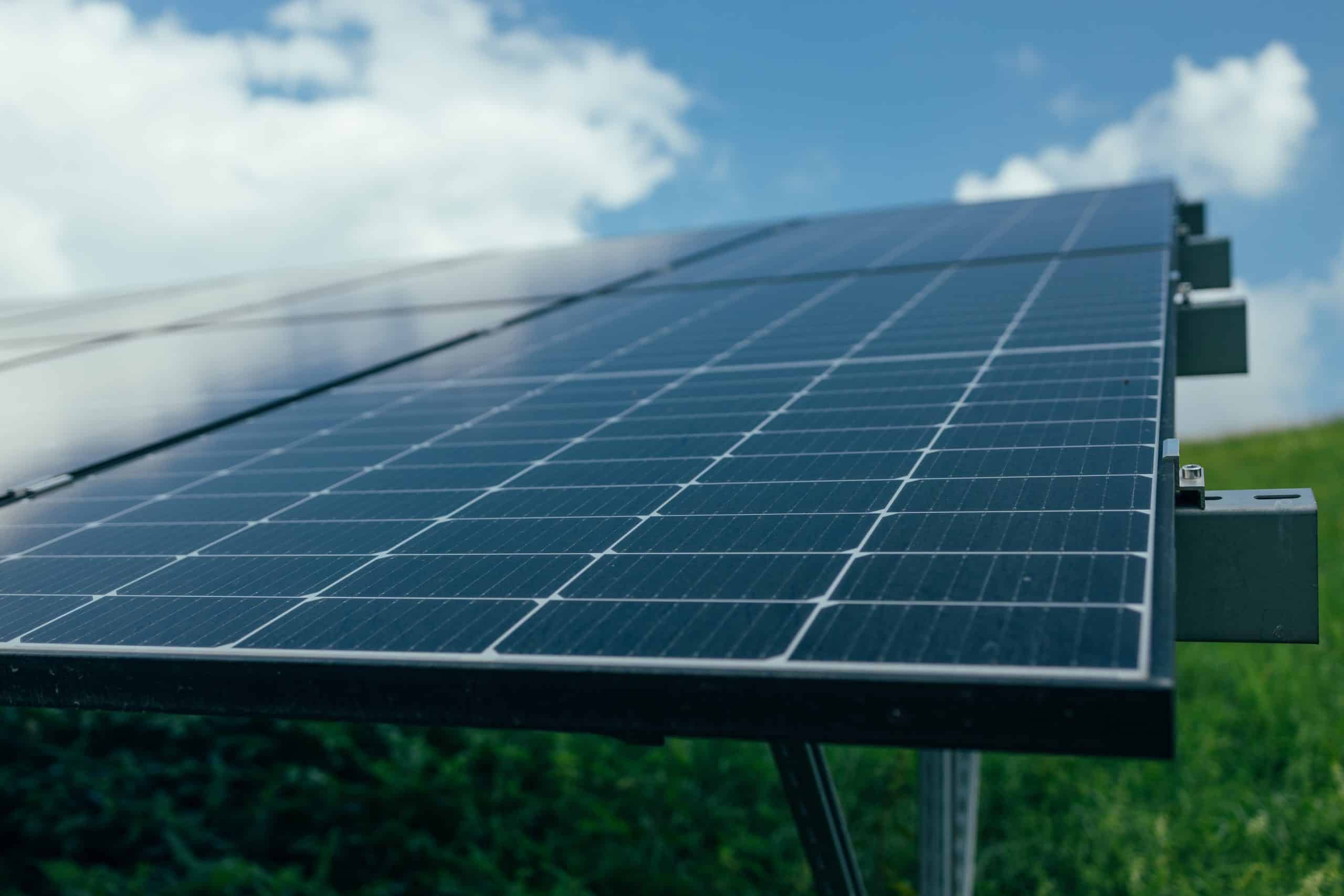Solar power is a fantastic solution to generate your own electricity and reduce dependence on grid power. However, to make the most of solar energy generated by your panels, it is critical to select the correct type and capacity of solar batteries for your home’s energy storage system. The choice of battery can influence the efficiency, cost, and longevity of your solar power system. This article will guide you through the process, taking into account crucial factors that determine the best battery type for you.
Understanding the Basics of Solar Battery Storage Systems
Before diving into the selection process, it’s essential to understand what exactly a solar battery storage system is and why it is crucial in a solar power setup. A solar battery storage system collects and stores the excess electricity generated by your solar panels, which can later be used when needed. It is particularly useful during the night, cloudy days, or power outages when your solar panels aren’t producing energy.
Cela peut vous intéresser : How can you create a meditation corner in a busy household?
The choice of your solar battery will largely depend on your energy needs, the type of solar panel system you have, and the geographical location of your home. The capacity of the battery, its lifespan, and its cost are significant factors to consider. The two most common types of batteries used in solar storage systems are lead-acid batteries and lithium-ion batteries.
Lead-Acid Batteries: A Cost-Effective Solution
Among the oldest types of rechargeable batteries, lead-acid batteries have been a popular choice for solar storage systems for years. They come in two major types – flooded (or wet) and sealed. Flooded lead-acid batteries are inexpensive and offer a decent lifespan with proper maintenance. However, they require regular topping up with distilled water, and their performance can degrade if not cared for properly.
A découvrir également : What’s the best approach to creating a hidden home office in a living room cabinet?
Sealed lead-acid batteries are a more user-friendly option. They require less maintenance and are safer to handle. However, they cost slightly more than flooded batteries and have a slightly shorter lifespan. On the positive side, lead-acid batteries are recyclable, making them an environmentally-friendly option.
Lithium-Ion Batteries: High-Efficiency and Longevity
Lithium-ion batteries are currently gaining popularity in solar storage systems due to their efficiency, lifespan, and decreasing cost. They offer a far greater depth of discharge, allowing you to utilise more of your battery’s capacity. This means you require smaller batteries, ultimately leading to cost savings in space and infrastructure.
Though lithium-ion batteries may have a higher upfront cost than lead-acid batteries, their longer lifespan and superior efficiency make them more cost-effective in the long run. Moreover, they require little to no maintenance, offer a faster recharge rate, and are less prone to damage, making them a sound investment for your solar storage system.
Matching Battery Capacity to Your Energy Needs
The capacity of your solar battery should be sufficient to power your home during peak usage times. Figuring out your energy consumption patterns can help you choose a battery with the right capacity. Look at your electricity bill to see your average daily electricity usage, and then consider how much of that you want to be covered by solar power.
Do keep in mind that the usable capacity of a battery is less than its total capacity due to the ‘depth of discharge’. For instance, if you have a 10 kWh battery with a depth of discharge of 90%, you can only use 9 kWh before the battery needs to recharge.
Evaluating the Cost and Lifespan of Solar Batteries
In evaluating the cost of your solar batteries, you need to consider not just the upfront cost, but also the cost per cycle and the total lifetime cost. A cheaper battery may not necessarily be a better option if it has a shorter lifespan and a higher cost per cycle.
Lithium-ion batteries, for instance, may cost more upfront but their longevity and efficiency could mean lower overall costs. Battery lifespan also depends on factors like how often the battery is used, its depth of discharge, and the climate of your location.
Choosing the right solar battery for your home’s energy storage needs is a crucial decision that requires thorough research and understanding. By taking into consideration factors like your energy needs, the type of battery, its capacity, cost, and lifespan, you can make a choice that is best suited to your specific requirements. Remember, a good solar battery not only enhances the efficiency of your solar power system but also contributes to a sustainable and energy-efficient lifestyle.
Remember, a good solar battery not only enhances the efficiency of your solar power system but also paves the way for a sustainable and energy-efficient lifestyle.
An Introduction to Emerging Battery Technologies
While lead-acid and lithium-ion batteries have dominated the solar storage scene for years, emerging technologies are equally important to consider. One such technology is flow batteries. Flow batteries are a type of rechargeable battery where energy is stored directly in the electrolyte solution. This results in longer cycle life, and the energy capacity is independent of the power rating.
Although more expensive than lead-acid batteries, flow batteries have a longer lifespan and can be recharged quickly. In terms of performance, they can withstand high temperatures and offer a higher energy density. Plus, they are recyclable and have a low environmental impact. Flow batteries are an excellent option for a large-scale solar system, as they can store large amounts of energy efficiently.
Another emerging technology is the sodium-ion battery. Sodium-ion batteries work similarly to lithium-ion batteries but are safer and more stable. They are also more abundant and cheaper to manufacture, making them a potentially economical solution for home energy storage. However, they are still in their early stages of development and are not commonly available yet.
Moreover, as technology evolves, so does the efficiency and potential of solar batteries. For example, solid-state batteries are a developing technology that promises higher energy density, longer life, and increased safety. While these are not commercially available yet, they hold great promise for the future of solar energy storage.
Making Your Solar Battery Choice
Choosing the right solar battery for your home’s energy storage needs is a critical decision. Each battery system has its own set of advantages and considerations, and what works best for you will largely depend on your specific circumstances.
If you’re on a tight budget and require a short-term solution, lead-acid batteries might be the way to go. They are affordable, reliable, and have been used for decades in solar systems. However, keep in mind their maintenance needs and shorter lifespan.
On the other hand, if you’re looking for a long-term solution that offers high efficiency and low maintenance, then lithium-ion batteries may be a better choice. They may have a higher upfront cost, but their longer lifespan and superior efficiency often make them a more cost-effective choice in the long run.
Emerging technologies like flow batteries can offer longer lifespans and higher energy efficiency, but they come with a higher price tag. They are an excellent choice for larger solar systems with higher energy needs.
Your geographical location, the type of your solar panel system, and your energy needs are also vital factors in deciding which battery is best for you.
Conclusion: Making Solar Power Work for You
The right choice of solar battery can significantly enhance the efficiency of your solar power system, reduce your dependence on grid power, and contribute to a more sustainable and energy-efficient lifestyle. Whether that’s with tried-and-true lead-acid batteries, high-efficiency lithium-ion batteries, or emerging technologies like flow batteries, the most important thing is to choose a battery that meets your specific energy needs and fits your budget.
With careful consideration and planning, you can ensure your solar panels don’t just generate power, but efficiently store and deliver it when needed, making the most of your solar power system. This allows you to harness the power of the sun to not only power your home but also contribute to the larger goal of environmental sustainability. After all, the goal of solar power is to provide a renewable and efficient energy source for everyone.






